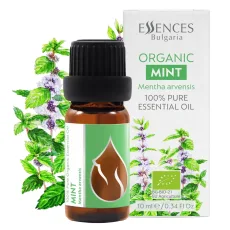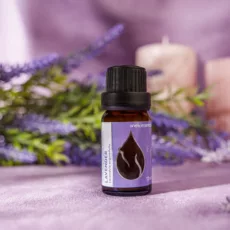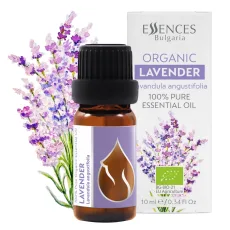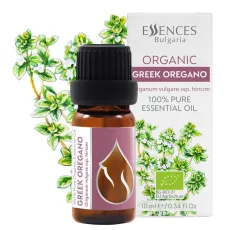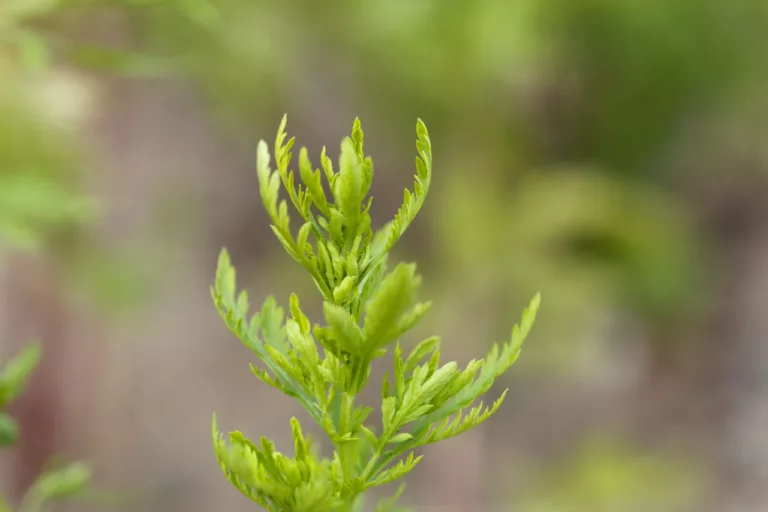Mint
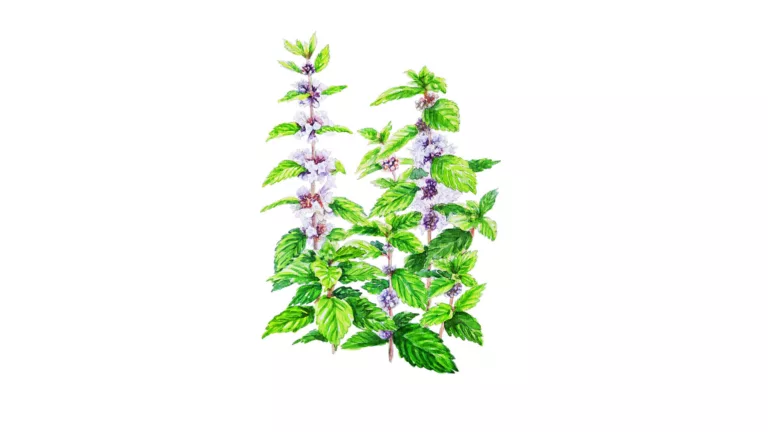
Mint (Mentha arvensis) is a perennial herbaceous plant belonging to the mint family (Lamiaceae). The plant’s blossoms are arranged in inflorescences at the tips of the stems. Leaf colors range from dark green and gray-green to purple and blue, and are sometimes pale yellow.
Mint is one of the best-known medicinal plants. Archaeologists have found mint leaves in Egyptian tombs. According to Greek mythology, the plant originates from the nymph Minthe, who was turned into a plant by Persephone—the queen of the underworld and wife of Hades—out of jealousy. Unable to undo Minthe’s transformation, Hades, upon learning what his wife had done, made Minthe smell incomparably fresh, pure, and divine. The ancient Romans scented their homes and banquet halls with mint, believing its fragrance stimulated mental activity, strengthened the mind, and improved concentration and memory. Students of the time wore wreaths of the aromatic plant.
For millennia mint has been used as a symbol of hospitality. In ancient Greece it was rubbed into tables to welcome guests. It was also used to purify the air in temples and homes.
In the Middle Ages, when dog bites were common, mint was used to treat wounds: the plant was ground with salt and applied to the bite. The herbalist Parkinson wrote that mint was added to bathwater to perfume it and to strengthen the nerves and muscles.
Aristotle forbade soldiers to use the herb before battle, believing it diminished the desire to fight. According to the herbalist John Gerard (1568), the plant’s aroma gladdens people’s hearts. The Bible mentions that mint was used by the Pharisees to pay tithes; it was an expensive medium of exchange. In Spain and in Central and South America, mint is known as hierba buena, meaning “good herb.”
In folk medicine, mint is widely used as a remedy for nausea, dizziness, insomnia, headache, depression, toothache, and bad breath. Mint is effective against flatulence and irritable bowel. Its effectiveness is also recognized for inhalations during bouts of coughing or colds. It is used for skin problems, reduces muscle pain, and helps with minor itching (mosquito bites, eczema, etc.).

